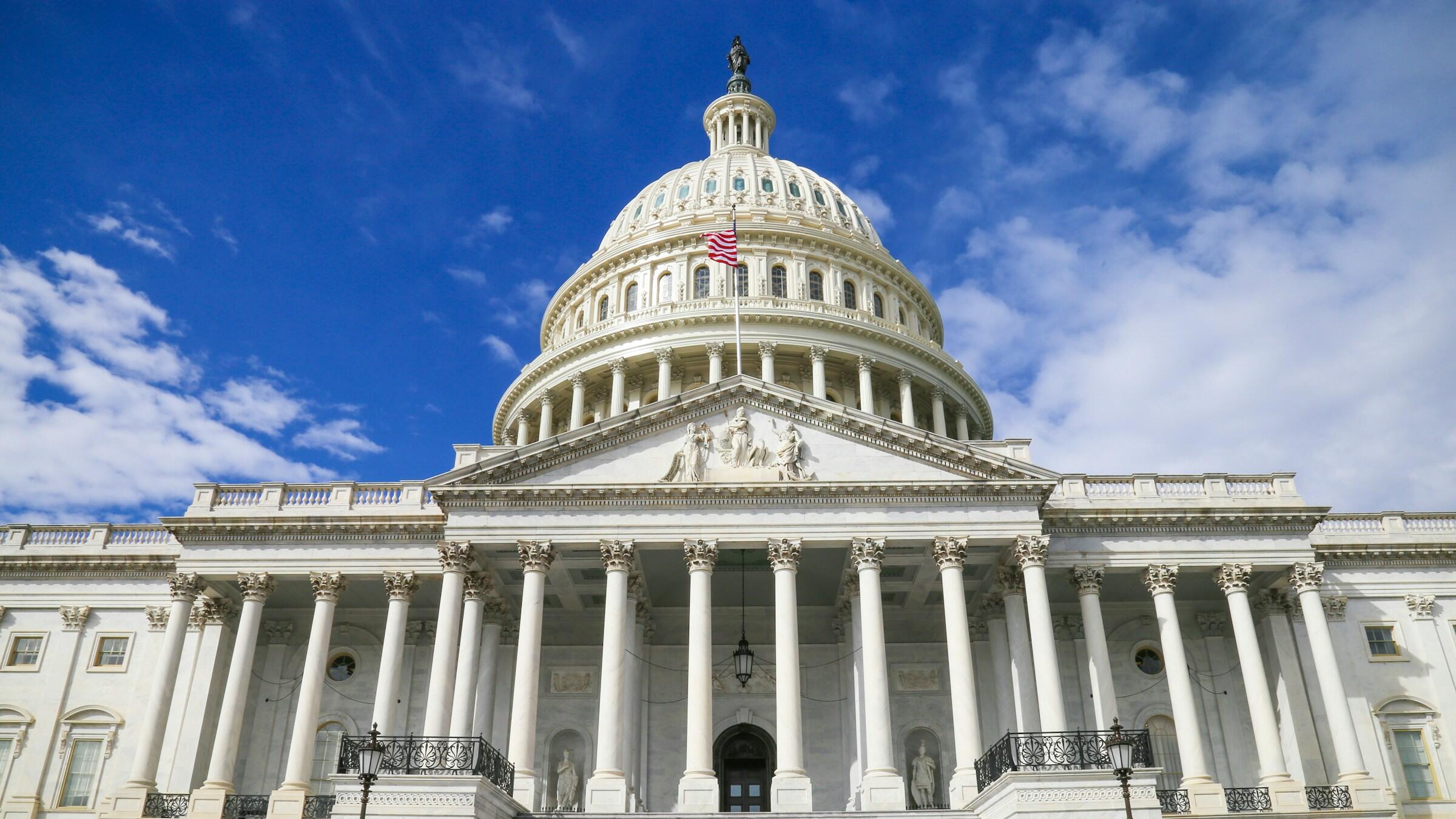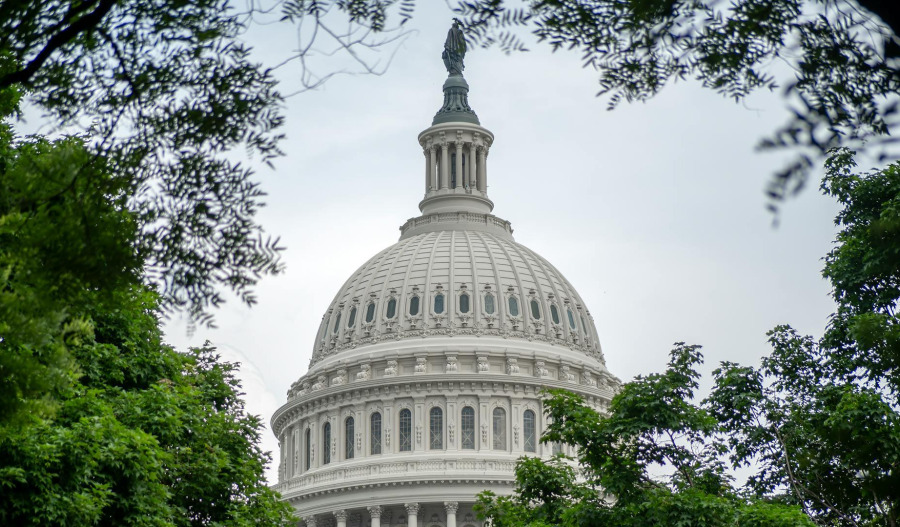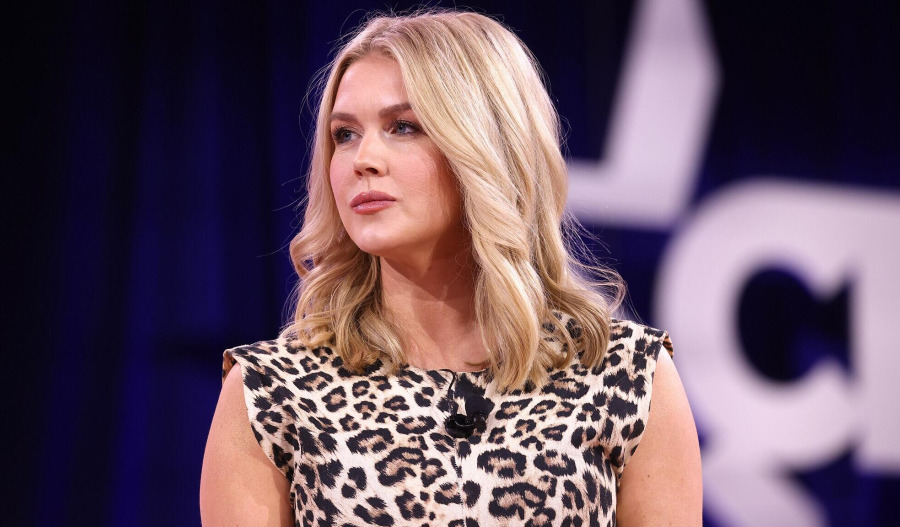White House economic advisor Kevin Hassett said federal workers can expect back pay for the time they were furloughed during the government shutdown in their bank accounts early next week.
This comes just a day after President Donald Trump signed a bill officially marking the end of the longest government shutdown in U.S. history.
“There really has been an aggressive effort to get people to get their checks as soon as possible,” Hassett told reporters.
The timing of the payments might be affected depending on the agencies where employees work.
According to federal law, government employees who are furloughed during a shutdown must be paid for the time they were out of work at the standard rate of pay “at the earliest date possible, regardless of scheduled pay dates”.
In an email obtained by NBC News, Health and Human Services employees were told the agency would try and get furloughed employees' paychecks with back pay on or before 21 November.
“Superchecks” for pay spanning 1 October through to 1 November will be sent out to members of different departments in the coming days, depending on the department.
Following the government reopening, multiple federal agencies have also told their employees to report to work.
An estimated 750,000 workers were furloughed, with others considered essential being required to work without pay.
National Parks will also reopen, and SNAP payments will return.
Earlier this week, transportation secretary Sean Duffy said air traffic controllers should expect 70% of their back pay this week, with the remaining portion to come back next week.
The shutdown led to a shortage of air traffic controllers, causing a spike in cancelled and delayed flights across the country.
Despite air traffic controllers returning to work, airlines have warned that things will not immediately return to normal and that travellers to brace for more cancelled flights.
The shutdown lasted 43 days in total, breaking a record previously set during Trump’s first term as president in 2019.
The shutdown started when democratic lawmakers were fighting to preserve health care programs, which Republicans vehemently opposed, causing a stalemate.



